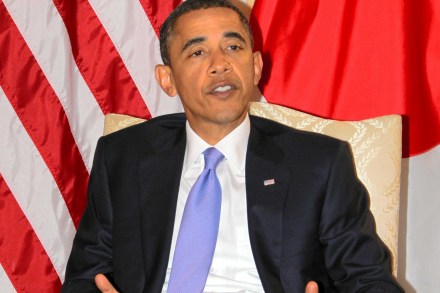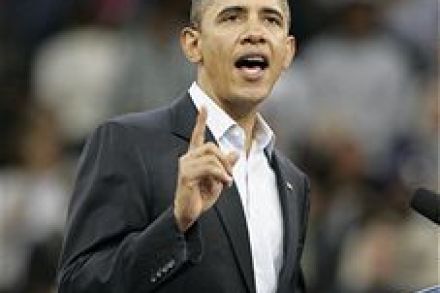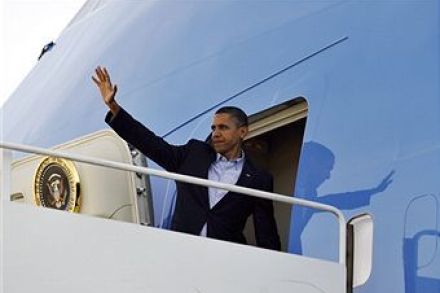The mad hermit strikes
North Korea has again put itself at the centre of international relations. As the US pushed for a start to six-party talks, Pyongyang lifted the veil on a hitherto secret uranium-enrichment facility and launched an artillery barrage on a South Korean island, injuring four soldiers, and damaging several buildings. The South Korean military scrambled fighter jets and returned fire and the situations remains tense. Conflict with nuclear-armed North Korea has intensified in recent years. North Korea launched nuclear and missile tests last year and sank a South Korean warship in March this year, killing 46 sailors. But the first ground-to-ground assault across the DMZ represents a new escalation in the
















